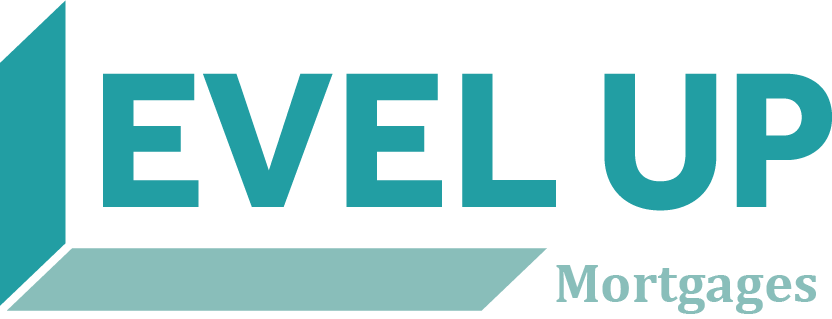Fixed Interest Rates Vs Variable Interest Rates—Which To Pick?
Are you looking for a mortgage to purchase your new home?
One of the biggest concerns you should have is its interest rate. Sure, different mortgages come with different rates—some higher and some lower.
However, you need to be aware of two types of rates: fixed and variable.
So, the question is, which is the right rate? Let's find that out together:
What Is Fixed Interest Rate?
A fixed interest rate is the same rate of interest that your mortgage lender will charge you all throughout the term of your loan. So, if you borrow $200,000 at a fixed interest rate of 4%, your monthly loan payments will be the same throughout the term of your loan.
With a fixed interest rate, the lender will not take inflation into account, which means that you will pay 4% throughout the term of your loan even though inflation may push the cost of goods and services up, making your dollar worthless.
What Is Variable Interest Rate?
Variable interest rate is pegged to a market index, so it is affected by inflation, which means you will pay a higher rate of interest than the fixed interest rate.
For example, if a bank offers a variable interest rate pegged to an index of Prime rate +1% and the Prime rate is 4%, then the variable interest rate will be at 5%.
A variable interest rate has a smaller margin of error when it comes to predicting the interest rate, unlike the fixed interest rate, which is more difficult to predict.
Should I Pick Variable Interest Rate? How About Fixed Interest Rate?
There are quite a few pros and cons to both variable and fixed interest rates, but loans with variable interest rates have historically and statistically been better for borrowers than fixed rates.
Regardless, before borrowing money from a financial institution, make sure you know exactly what you're signing up for. A variable rate may sound tempting, but if you keep in mind that you might not be able to refinance, you might end up regretting your decision. On the other hand, a fixed rate may also seem good, but you may miss out on certain benefits that variable interest rates may offer.
THE BOTTOM LINE
There are many things to consider before getting a mortgage. It is not just about repaying your loan, as that is easy and straightforward. You also need to think about the rising interest rates. This can affect how much you save in the long run, so do your research and spend some time talking to different lenders about the options they offer and are available to you!
The bottom line is that you should not rush your decision. If you're buying a home and you're not sure what type of rate to go with, make sure you analyze the pros and cons of each so that you can make an informed decision.
Do you want to learn more about mortgage financing in Canada? Level Up Mortgages supports homebuyers and homeowners in attaining success in their mortgage journey with mortgage strategy, digital mortgage education, and introductions to all the other experts you need to succeed in home buying and your personal finance.
To assist homebuyers and homeowners in purchasing or refinancing new homes, we work with premier banks and best-rate mortgage lenders in British Columbia and Ontario. Get in touch with us today!

